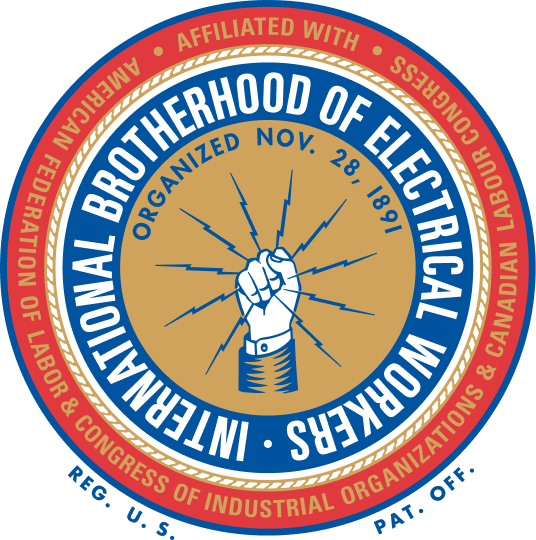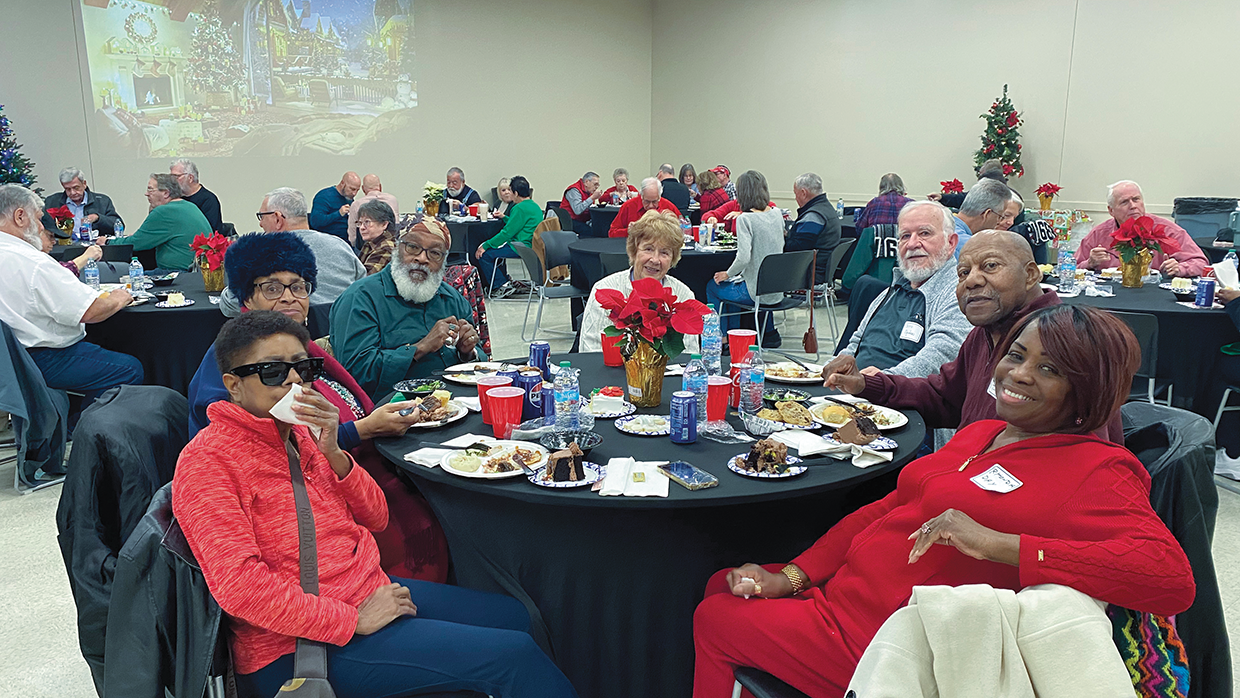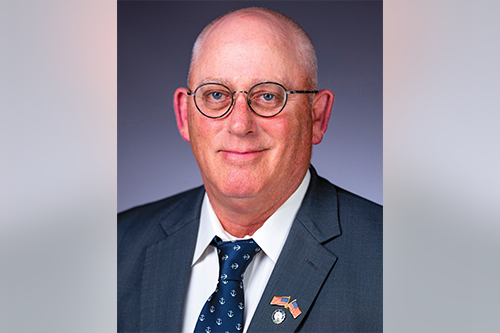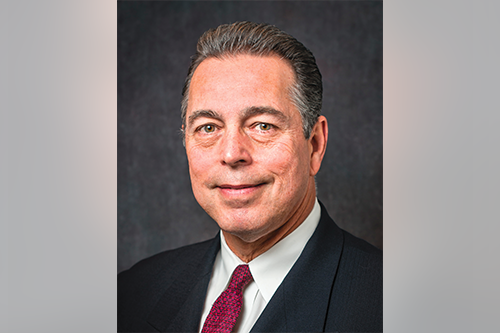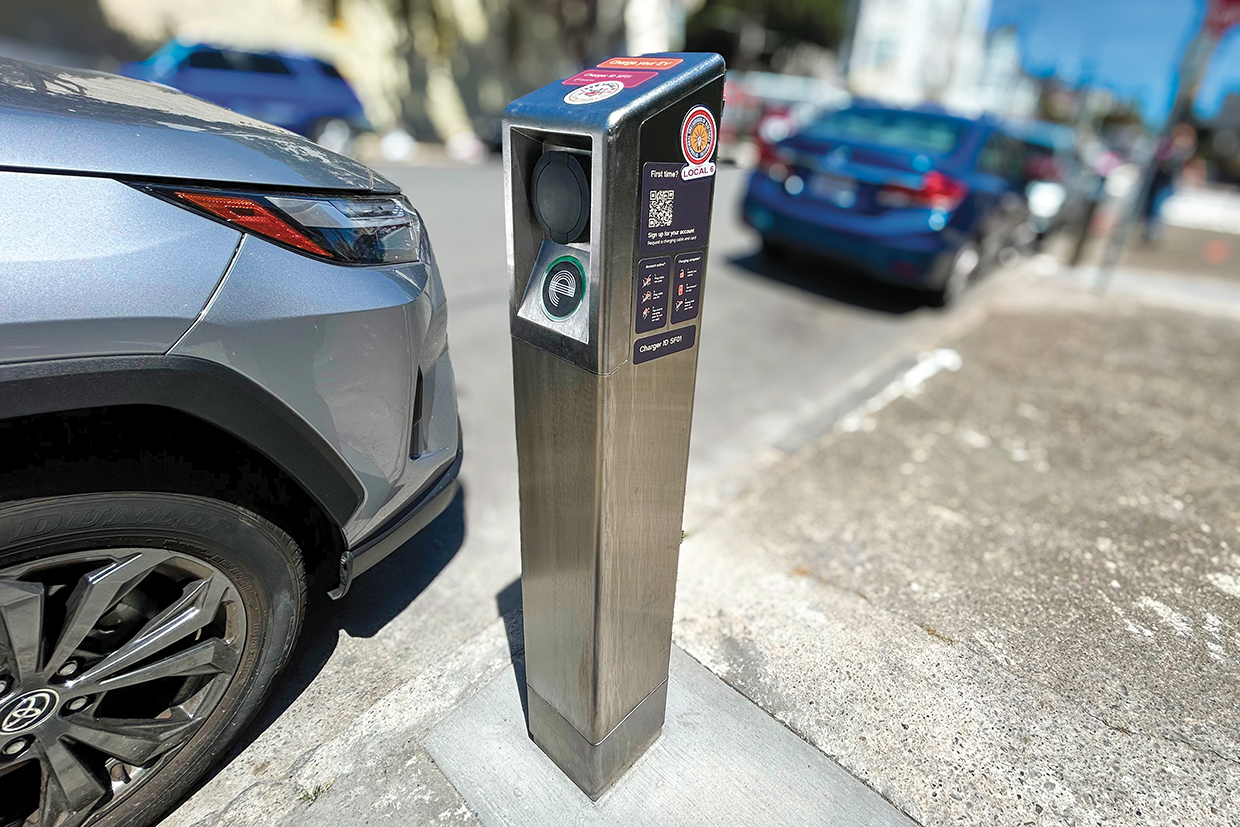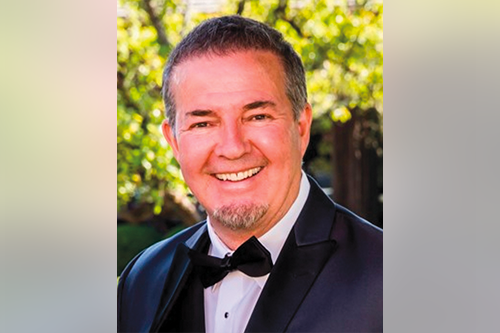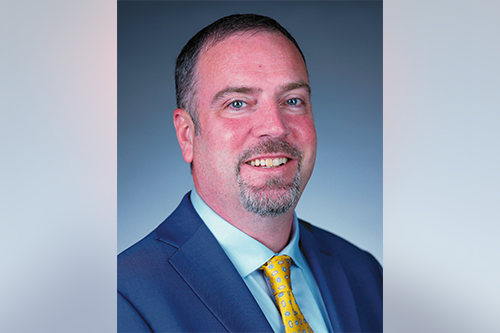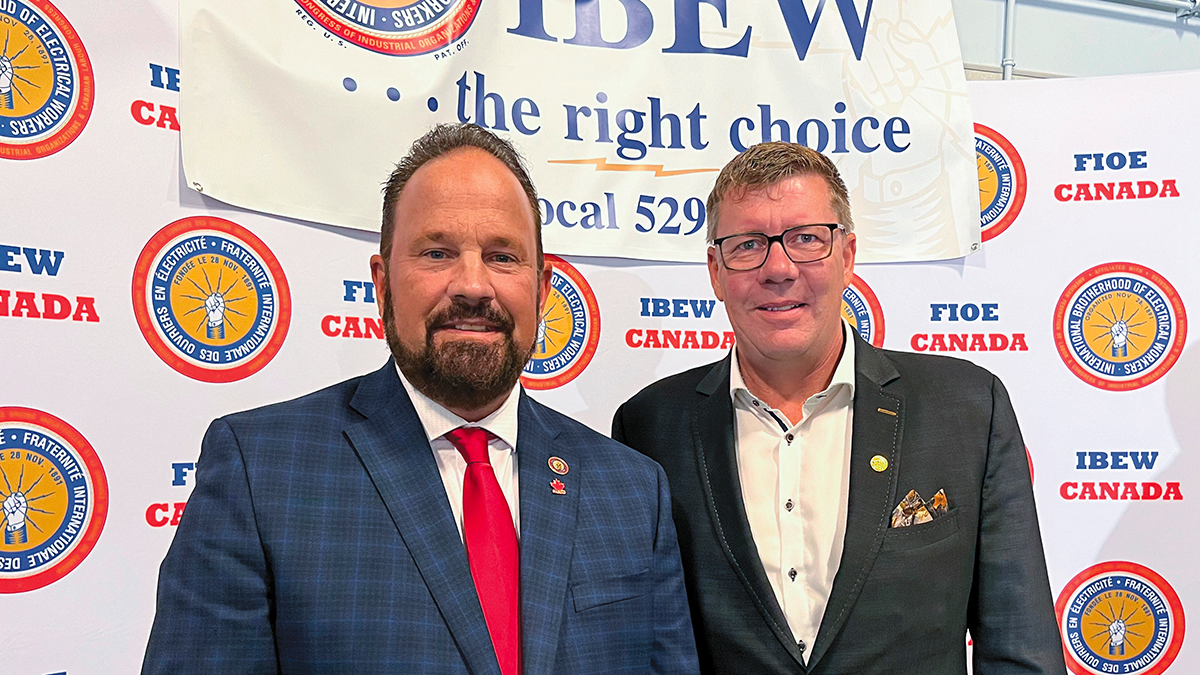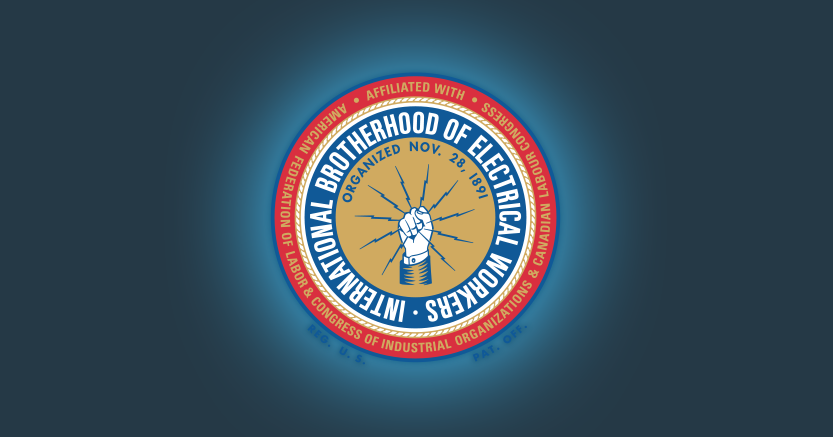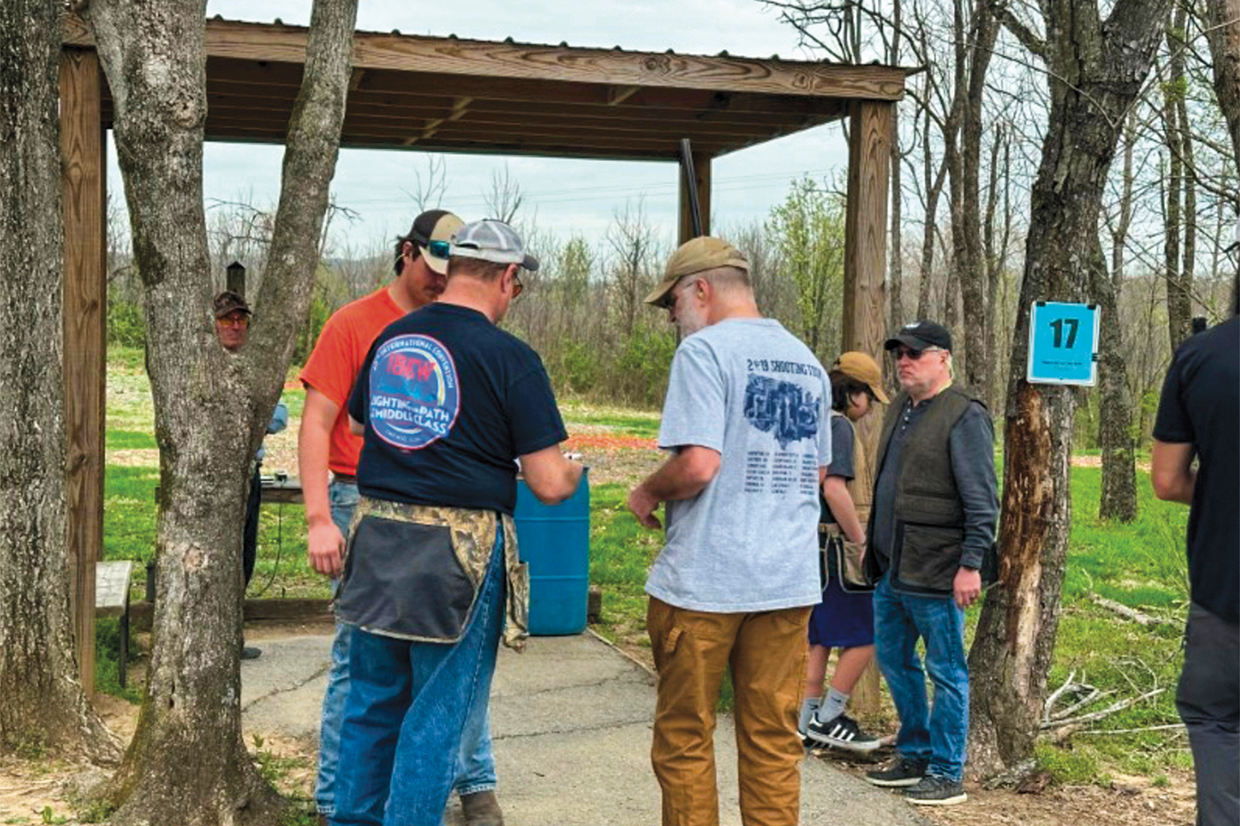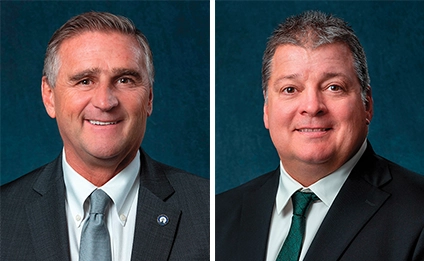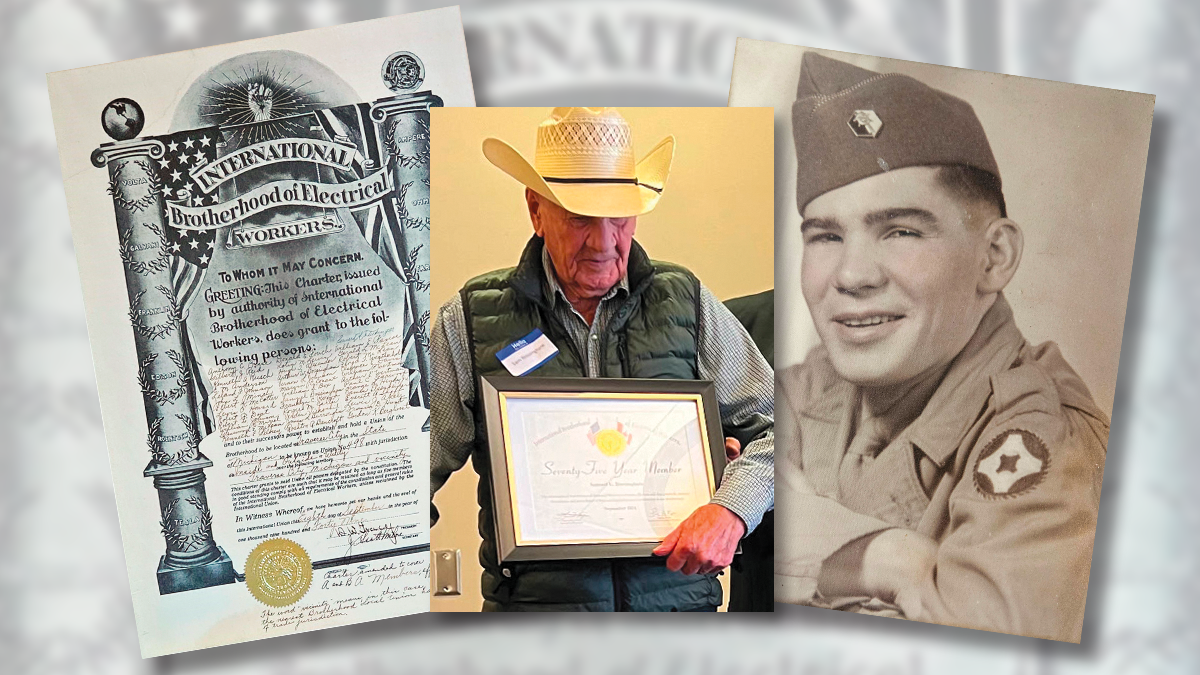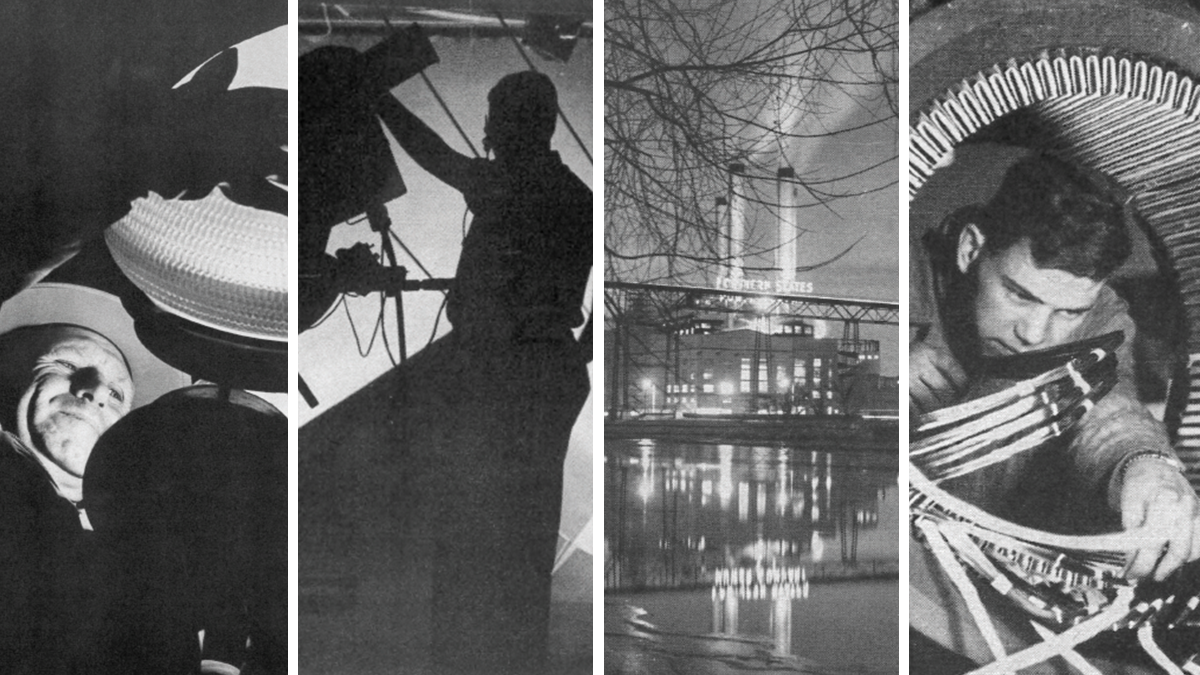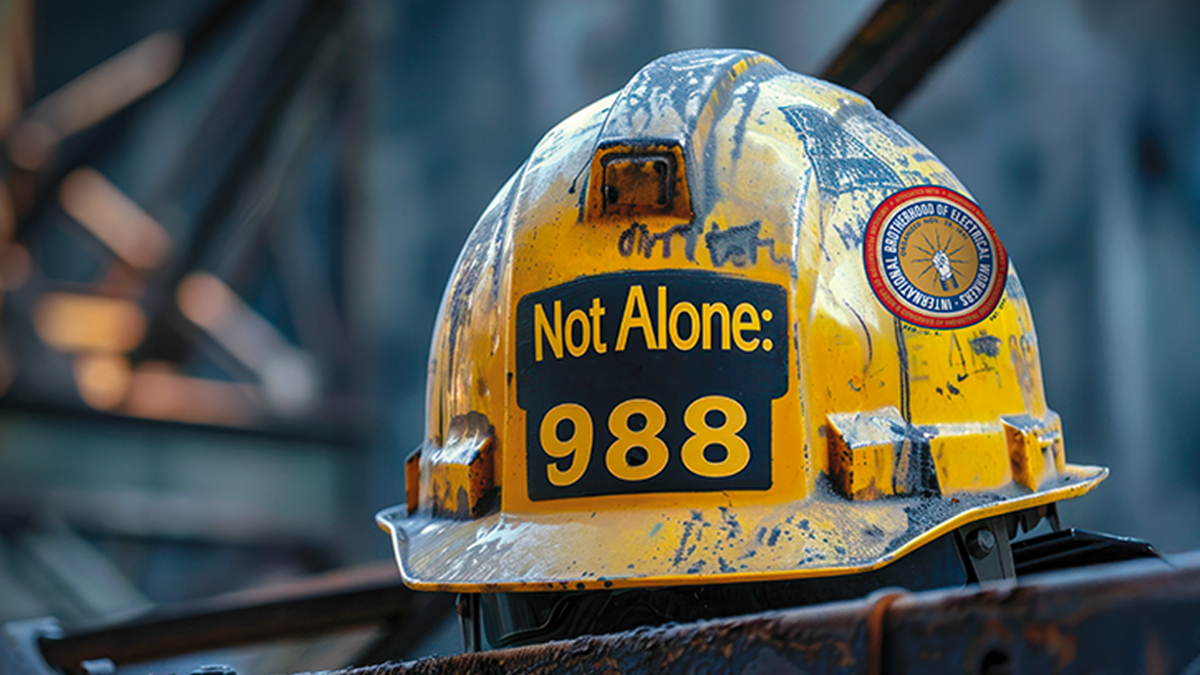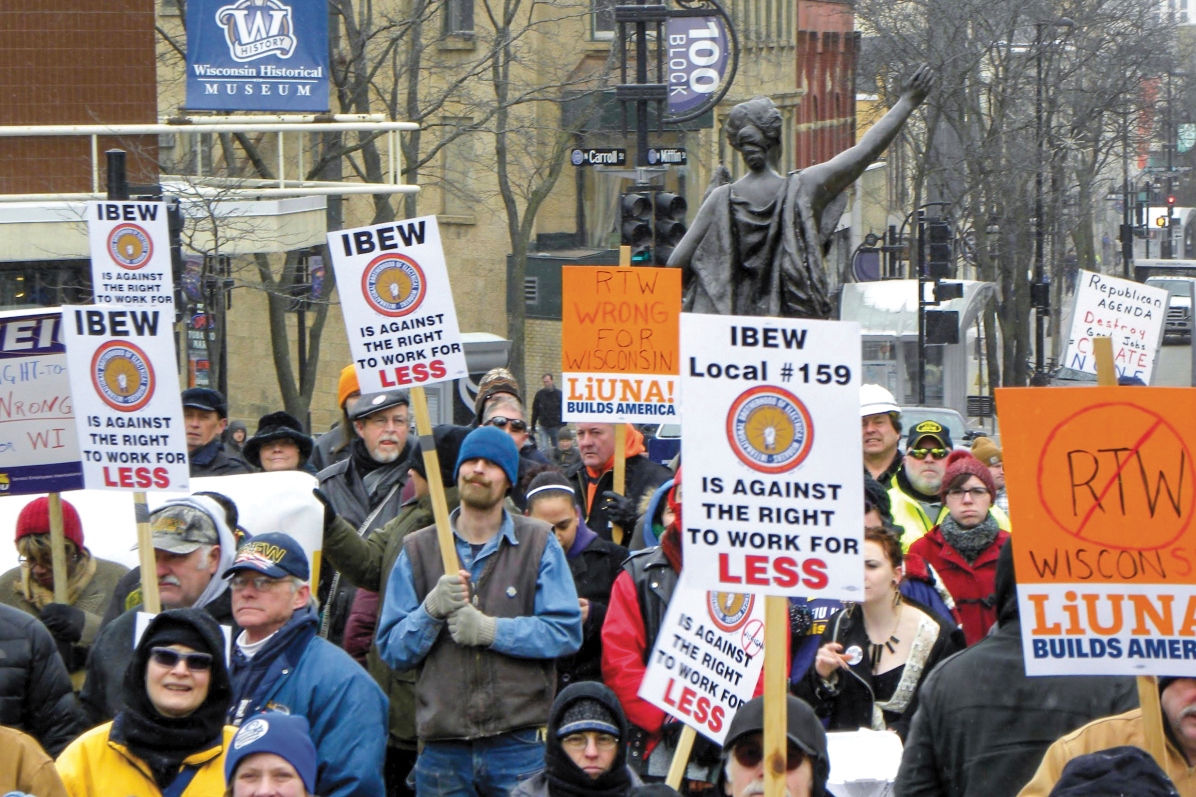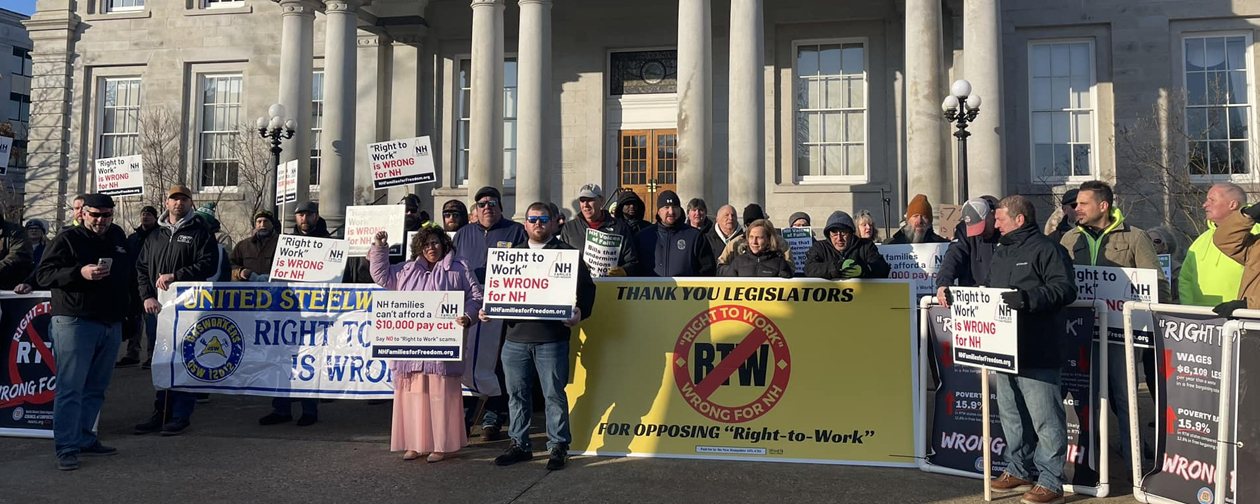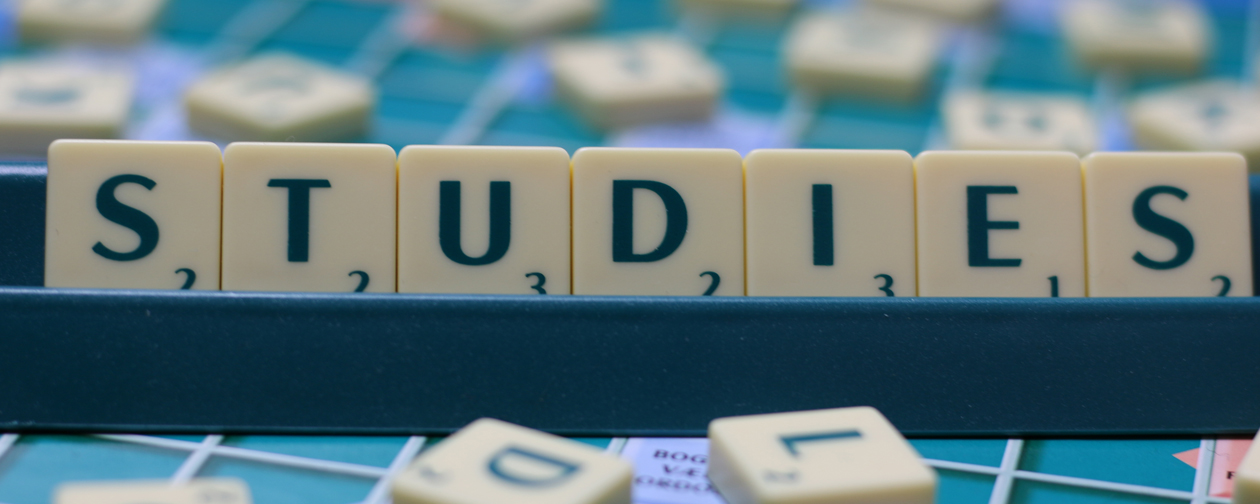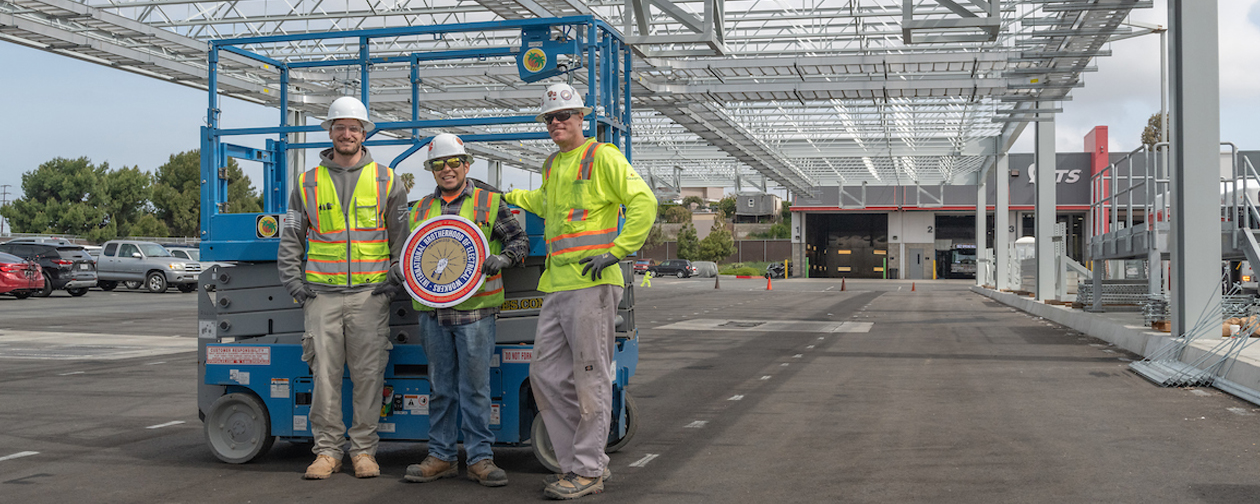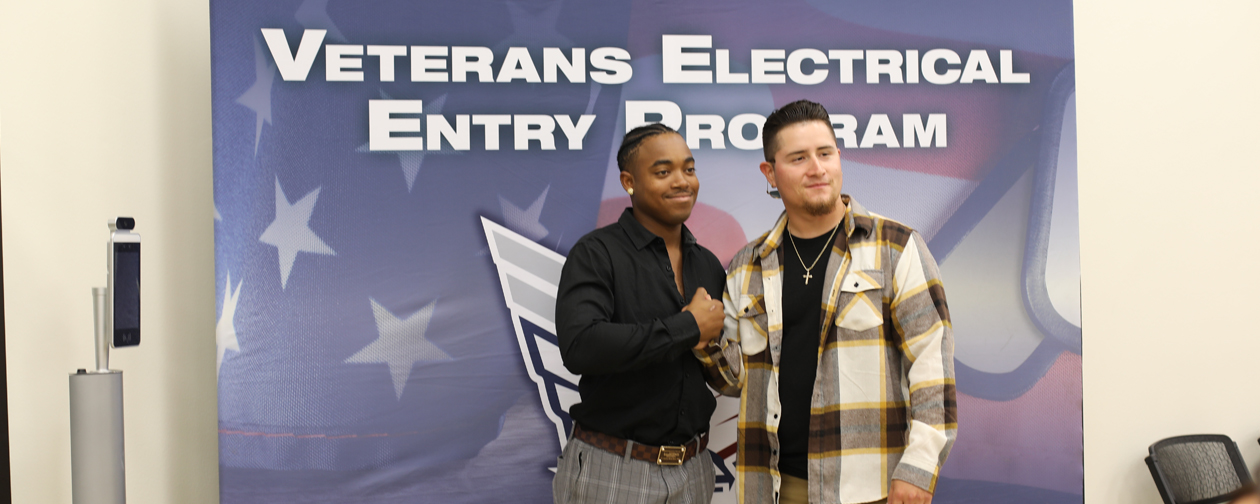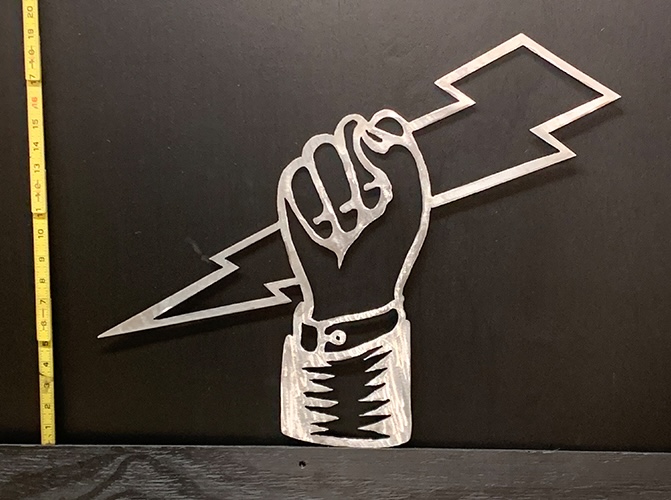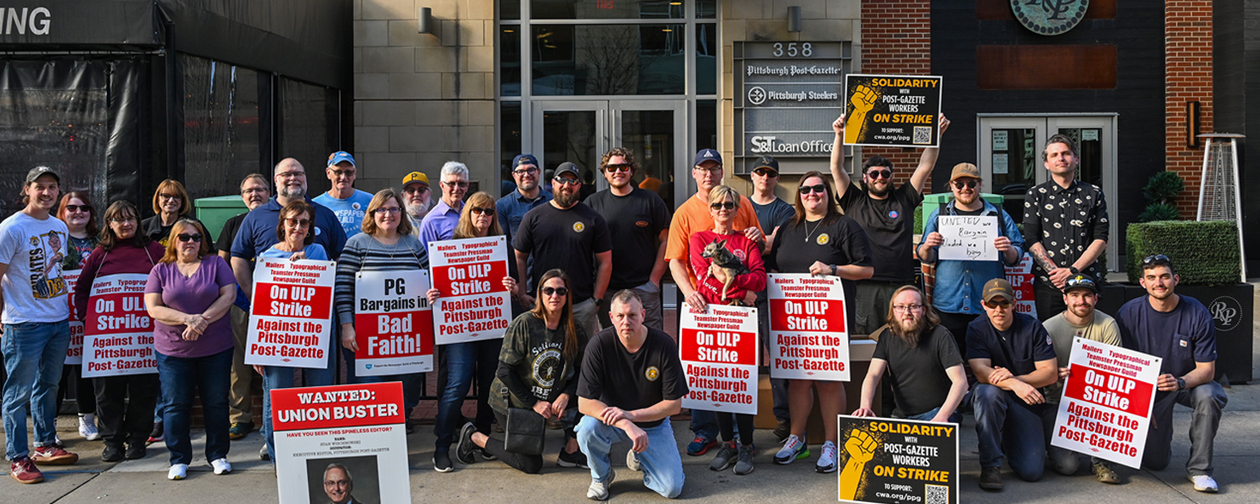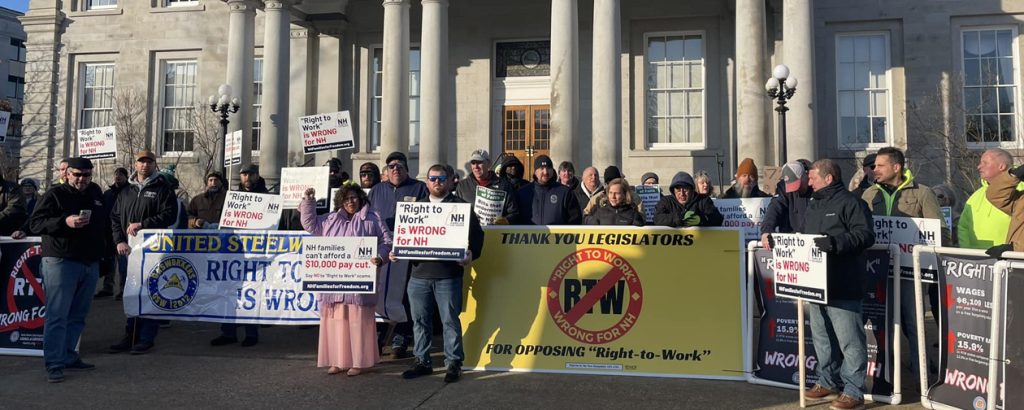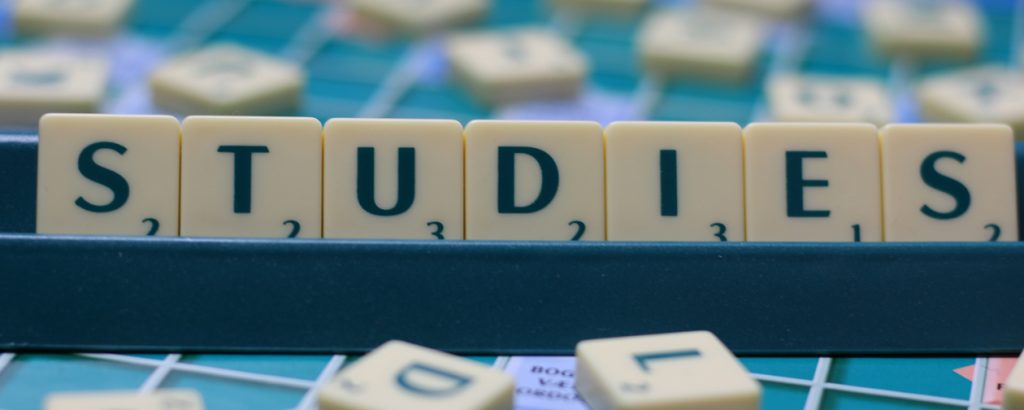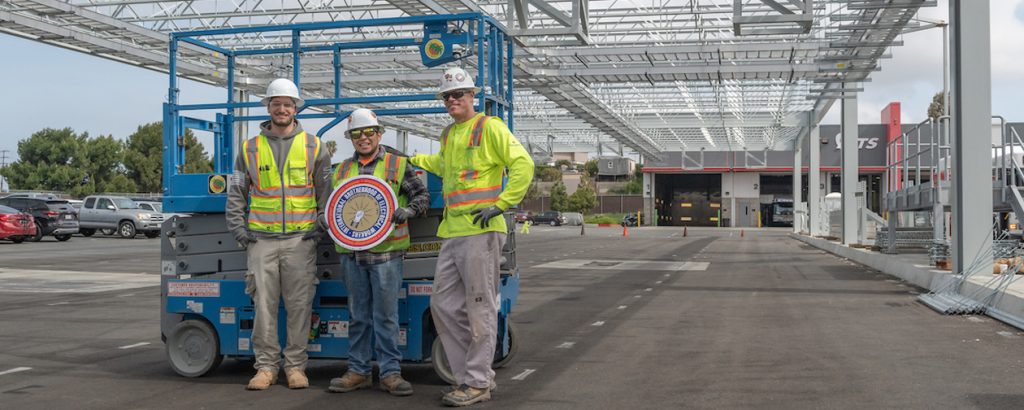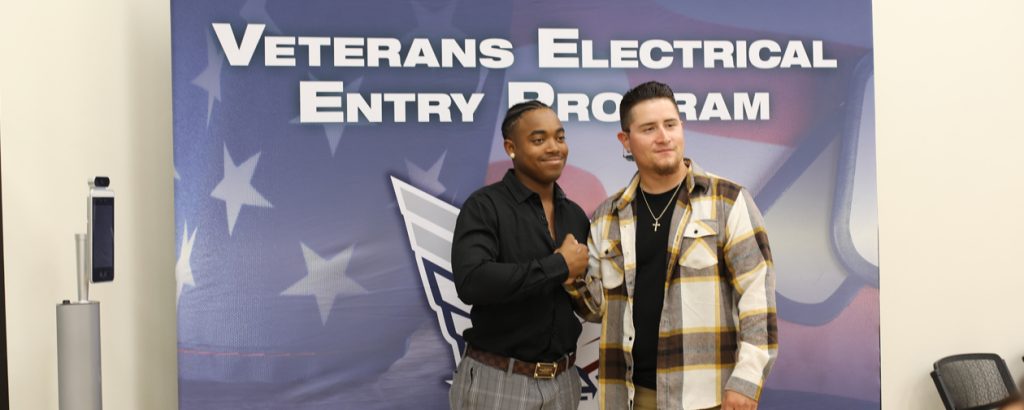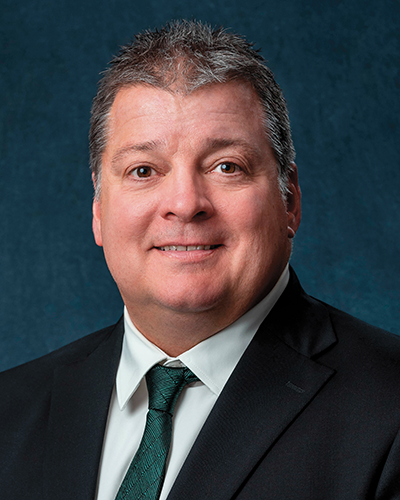
International Secretary-Treasurer
As IBEW members, we’re familiar with hazards on the job. In fact, safety is what our union was founded on. And as leaders in our industries, we strive for excellence, even in exceptionally difficult circumstances. It’s who we are.
But sometimes that drive for perfection takes its toll on our mental wellbeing. And sometimes there are things in our lives that can’t be left at home that contribute to stress and other conditions.
Whether it’s a personal crisis, an injury, or just work and life stresses piling up, we need to recognize the significance of mental health in the workplace. As you’ll read in this issue’s cover story, the construction industry suffers from some of the highest rates of suicides and overdoses.
The need to be the best, the cyclical nature of the work, the tough-guy mentality, the injuries that aren’t completely healed before returning to work — they can all add up. And too many of our brothers and sisters are suffering and dying for us to look away.
That’s why we’re doing our part to break the stigma around mental health. Getting help for psychological stress should be treated the same as getting help for a broken leg. In fact, suicides and overdoses claim many more lives than on-the-job injuries.
All too often, you’ll hear that someone has taken their life and nobody saw it coming, nobody knew they were in pain. Or maybe you saw that your tool buddy was acting a little different, but you didn’t want to upset them by bringing it up.
That’s understandable, but we need to do the opposite. We need to speak up and check in with each other. We need to let our brothers and sisters know that we see them and we want to help.
The IBEW is doing its part by offering mental health coverage through the Family Medical Care Plan, and we’re expanding that care. With North America’s Building Trades Unions, we’re backing new research into mental health in the trades and working to learn more about why our industries are affected at a disproportionately high rate.
And as you’ll read in this paper, we’ve also added a dedicated member of staff to work with our veterans to ensure that they can thrive in the IBEW.
We want to make sure that every one of our members has the resources they need to get and stay well. Most importantly, we want everyone to know that it’s OK to not be OK, and that the IBEW and your sisters and brothers have your back, no matter what.
If you’re struggling, reach out to your friends, your local or an employee assistance program if you have one.
Asking for help isn’t a sign of weakness. It’s an act of courage.
